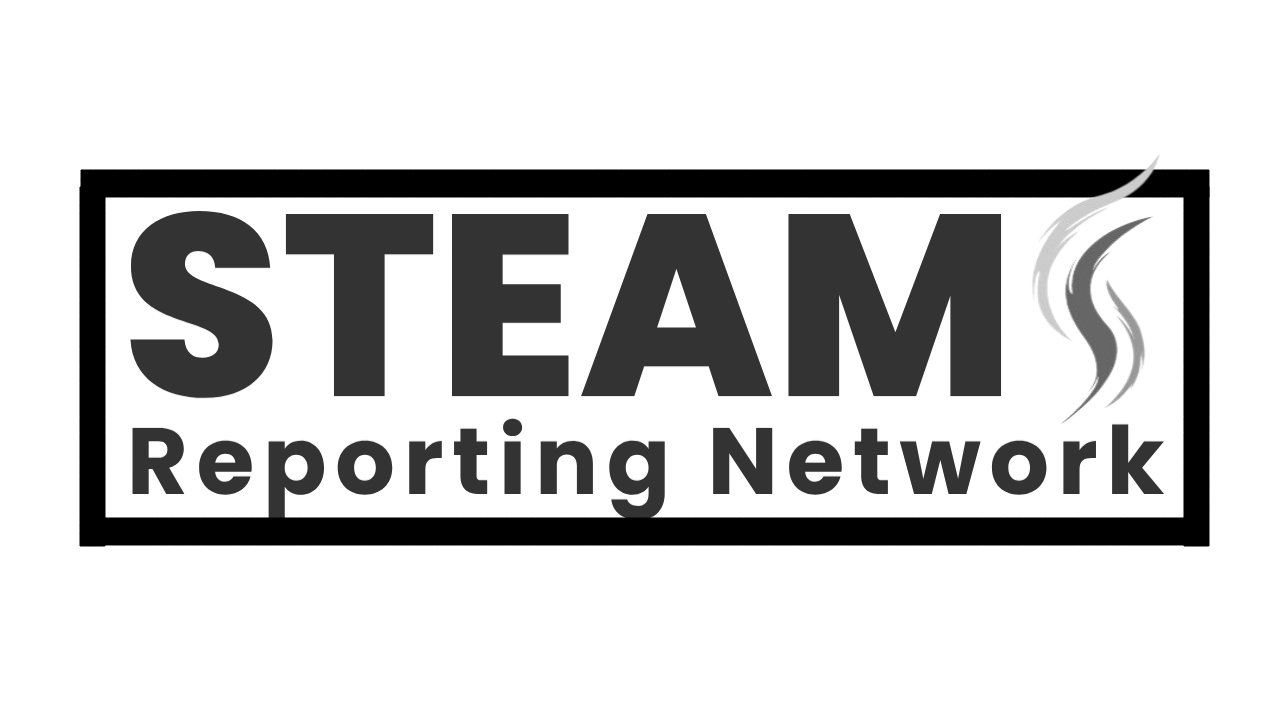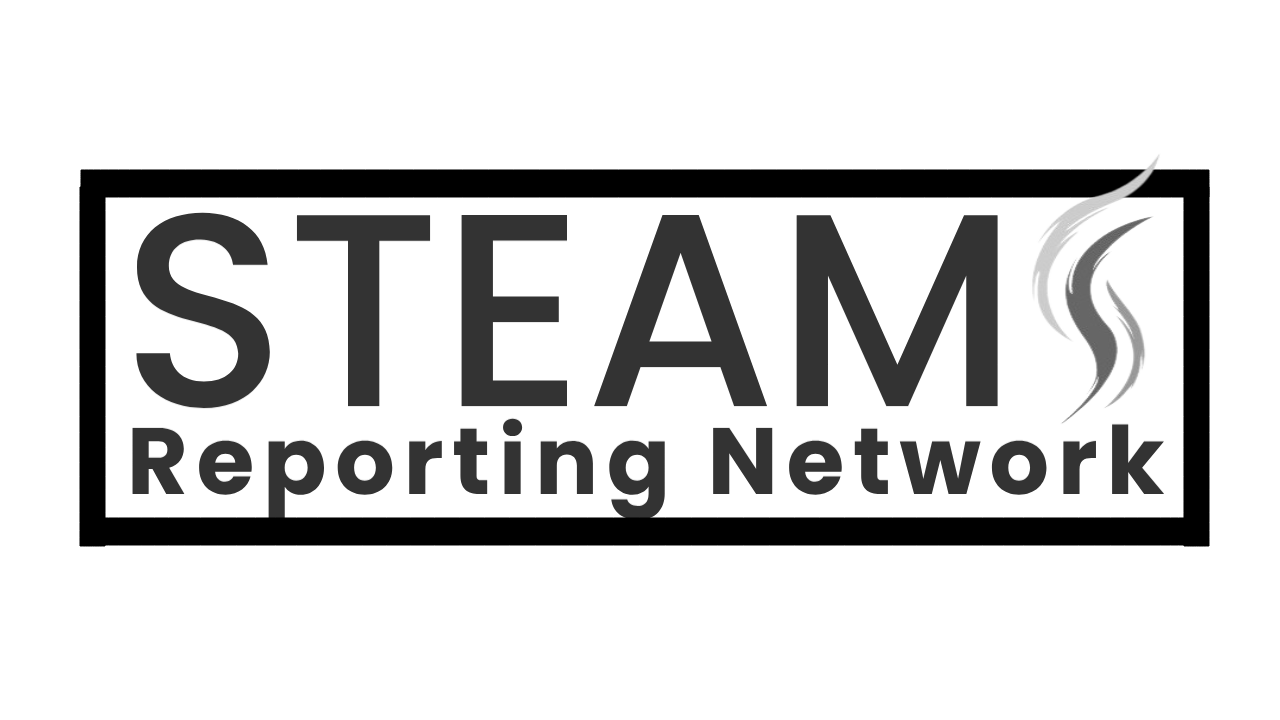The Bonthe District of Sierra Leone has a long history of rutile mining, dating back to the late 1960s. This mineral extraction has positioned Sierra Leone as a key player in the global rutile market, but the story of this industry is complex, revealing both economic benefits and significant social and environmental challenges.
While sporadic artisanal mining likely existed in the early 20th century, large-scale rutile mining began in earnest with Sierra Rutile Limited (SRL) in 1971. SRL quickly became the dominant player in the region. Although its operations were interrupted during the civil war, the company resumed mining in 2004 and has continued to operate ever since. Other companies hold exploration licenses in the area, but their impact remains minimal compared to that of SRL.
The consequences of rutile mining in Bonthe District are multifaceted. Environmental degradation is a significant concern; mining activities often lead to deforestation, soil erosion, and water pollution, adversely affecting local ecosystems and the communities that depend on them. Dust and pollution from mining operations pose serious health risks, disrupting traditional livelihoods such as farming and fishing.
Land acquisition for mining purposes can lead to displacement and conflicts within communities, many of which feel they do not receive adequate benefits from the extraction of their natural resources. Moreover, the influx of workers and changes to local economies can alter social dynamics, leading to increased crime and shifts in cultural practices. Strained infrastructure and limited benefit-sharing further complicate these issues.
The demand for rutile is expected to grow, with predictions suggesting that it may soon exceed supply, potentially driving up prices. In response, Sierra Rutile is working on extending the life of its operations through projects like Sembehun. However, responsible mining practices are essential to ensure sustainability and address the concerns of the local communities affected by these operations.

